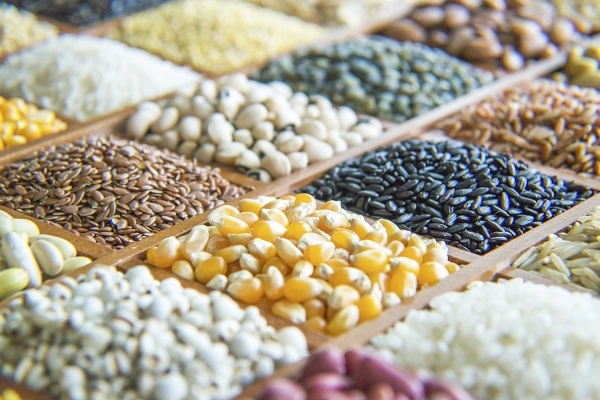Feeling sick? Gluten might be to blame


You’ve had a recent run of diarrhea, bloating, constipation, or maybe headaches, a rash, fatigue or anemia. Could it be a gluten issue? According to Lizette DuBay Courtney, Salem Health dietitian, it is important to find out.
Gluten is a protein found in wheat, rye and barley and is most commonly consumed in breads, pastas, soups, cakes and beer.
The best resource for finding out if you’re sensitive to gluten is your primary care provider. Through a blood test, a gene test and/or a bowel biopsy (a small tissue sample from the small intestine), you can determine if you have celiac disease.
Disease or intolerance?
Celiac disease is an autoimmune disorder where digestion of gluten leads to damage in the small intestine. This damage limits your ability to absorb nutrients into the body.
If you don’t have celiac disease, you may be gluten intolerant or have a wheat allergy.
“Celiac disease is a serious condition that requires a strict gluten-free lifestyle because it threatens your health,” said Courtney. “Gluten intolerance is less serious—it’s uncomfortable but does not damage the intestine.”
Half of all patients with irritable bowel syndrome (IBS) are also gluten intolerant.
“Many people with these symptoms do not get them diagnosed,” said Courtney. “Celiac disease is inherited, yet is still vastly underreported.”
According to Courtney, if you have celiac disease, you should ask your physician for a referral to a registered dietitian. “It is very emotional for people because they feel like they can’t eat anything,” said Courtney. “A dietitian can provide practical and emotional support for making diet changes.”

Rice, flax seeds, corn and beans are all gluten-free alternatives to wheat.
If you think you are gluten intolerant, Courtney suggests keeping a food record and noting circumstances of your eating environment such as how much you ate and how you felt after you ate a certain food. Your dietitian can then help identify patterns. Often people can eliminate “trigger” foods, the foods that cause symptoms, to figure out their situation and then eventually ease them back into their diet with moderation.
“Unless you have been medically diagnosed with celiac disease, it is not necessary to follow a gluten-free diet,” said Courtney. “There is little evidence that going gluten-free is superior for health unless you have a condition that is helped by it. In fact, it can deprive you of nutrients you may need.”
Today, more gluten-free options are available than ever before. Several local restaurants offer gluten-free menu items, grocery stores have gluten-free sections and there is a local group dedicated to healthy gluten-free living.
See your physician if you suspect you might have an intolerance to gluten and be tested. You can also sign up for a health screening on Friday, Mar. 11, at the Community Health Education Center. The screening tests include cholesterol, glucose, blood pressure and body mass index. Dietitians will be available after your screening and can answer gluten-related questions you may have.